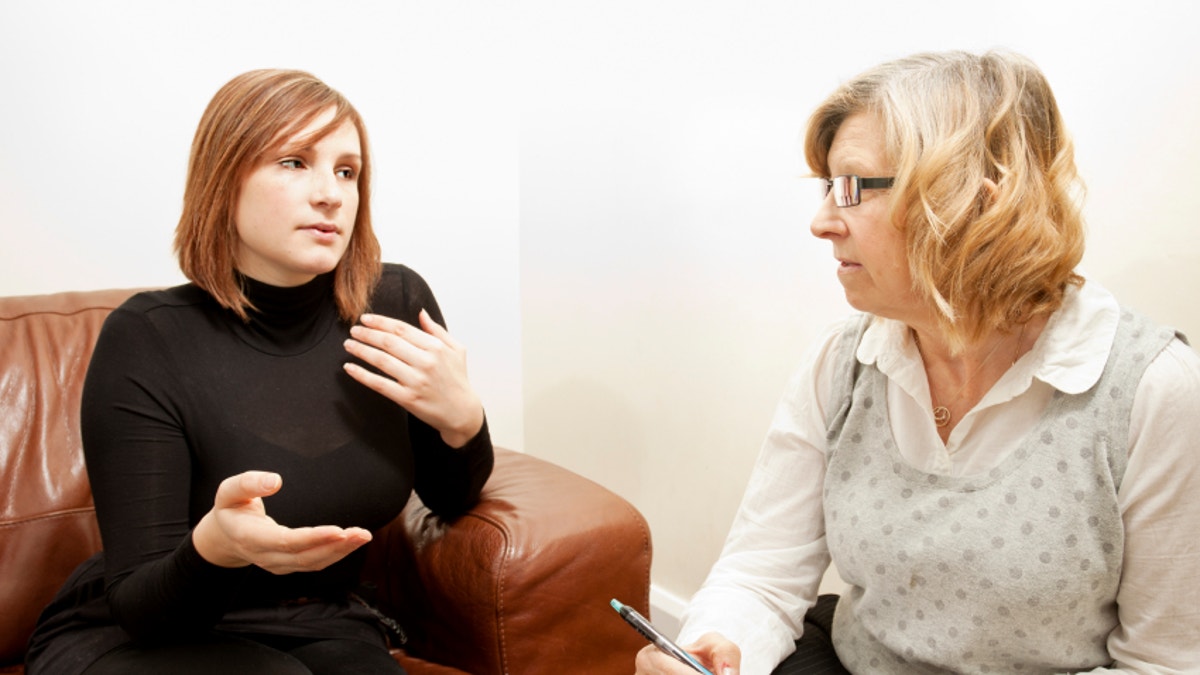
Patients with depression who fail to benefit from antidepressant drugs may do better if they are also treated with a type of "talking" psychotherapy called CBT, according to new research published on Friday.
In the first large-scale trial to test the effectiveness of cognitive behavioral therapy, or CBT, alongside medication for depression, scientists said they found that the combination works where drug treatment alone fails.
Nicola Wiles of Bristol University's school of social and community medicine, who led the study, said the findings underline the need to increase the availability of therapy for depressed patients.
"While there have been initiatives to increase access to CBT in both the UK and Australia, worldwide initiatives are rare," she said in a statement.
Wiles and colleagues recruited 469 adults from across Britain who had not responded to at least 6 weeks of treatment with an antidepressant. For the study, 235 patients continued with their usual antidepressant medication, while 234 patients got their usual care plus CBT and were followed up for 12 months.
The results, published in The Lancet medical journal, showed that after 6 months, 46 percent of those who got CBT as well as their usual care had improved - reporting at least a 50 percent reduction in their depressive symptoms. This compared to 22 percent of those who did not get CBT.
Patients treated with CBT, which involves talking through behaviors and ways of thinking with a trained psychotherapist or psychologist, were also more likely to go into remission and have fewer symptoms of anxiety, the researchers said. Similar effects were reported at 12 months.
Major depression affects around 20 percent of people at some point in their lives. The World Health Organization (WHO)predicts that by 2020, depression will rival heart disease as the health disorder with the highest global disease burden.
While there are many antidepressants on the market, including top sellers such as Prozac and Seroxat, it is widely accepted that many antidepressants work in only half of patients half of the time, and drugmakers are struggling to come up with a new generation of drugs in this field.
Willem Kuyken, a clinical psychology professor at Exeter University who also worked on the study, said its results showed that doctors and patients should be looking beyond drugs.
"This trial provides further evidence that psychological treatments like cognitive therapy can provide substantive and lasting help to people who suffer depression," he said.
Wiles added, however, that even in wealthy countries such as Britain, where there has been a recent push to invest more into psychological therapies, many people who have not responded to antidepressants still don't get the chance of trying intensive CBT that take between 12 and 18 sessions.
In the United States, only about a quarter of people with depression have received any form of psychological therapy in the last 12 months, she said.







































